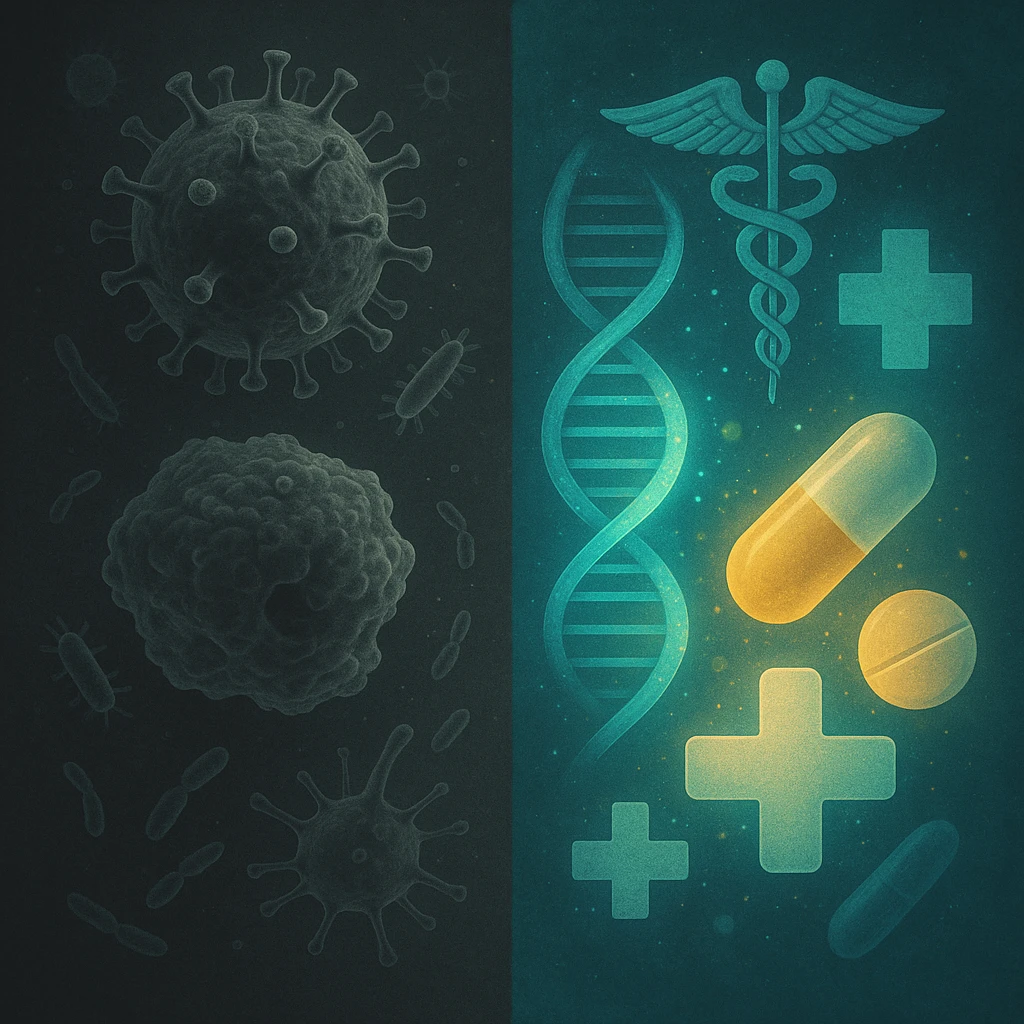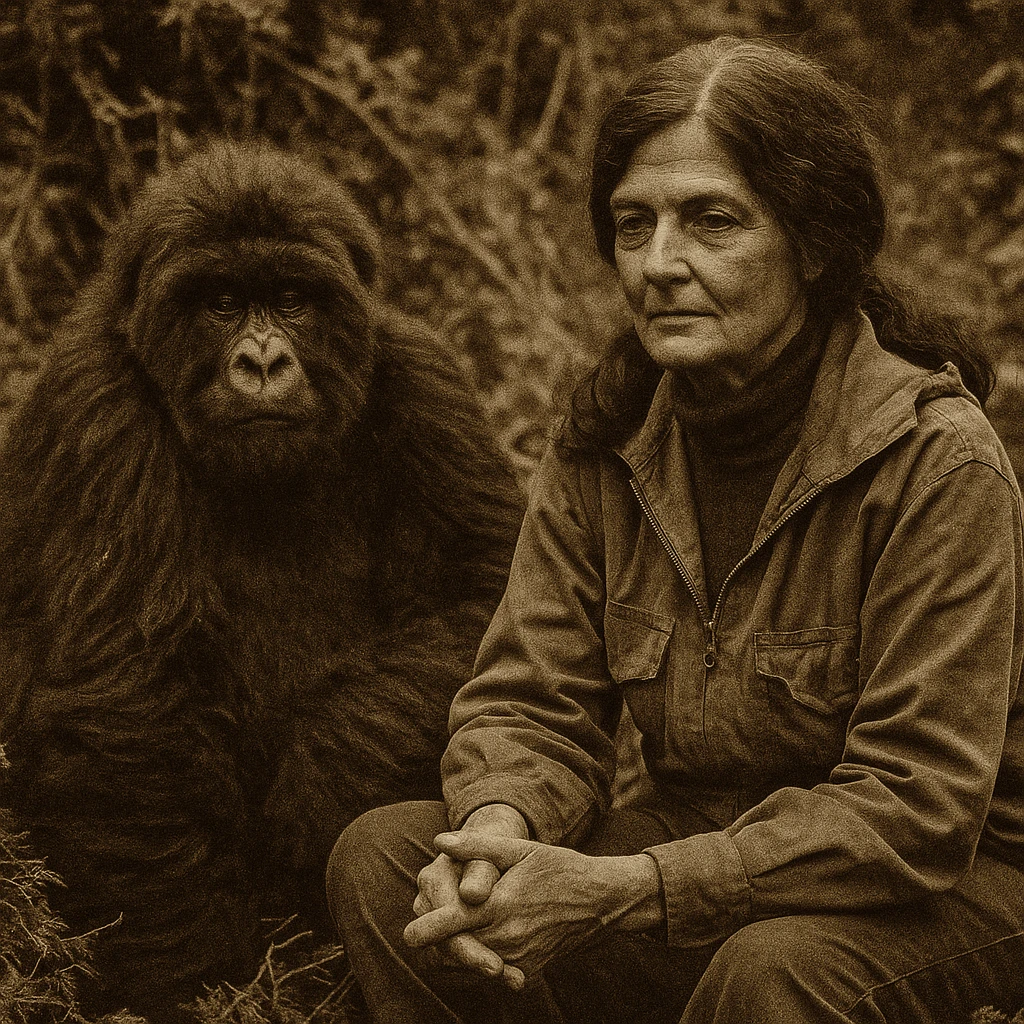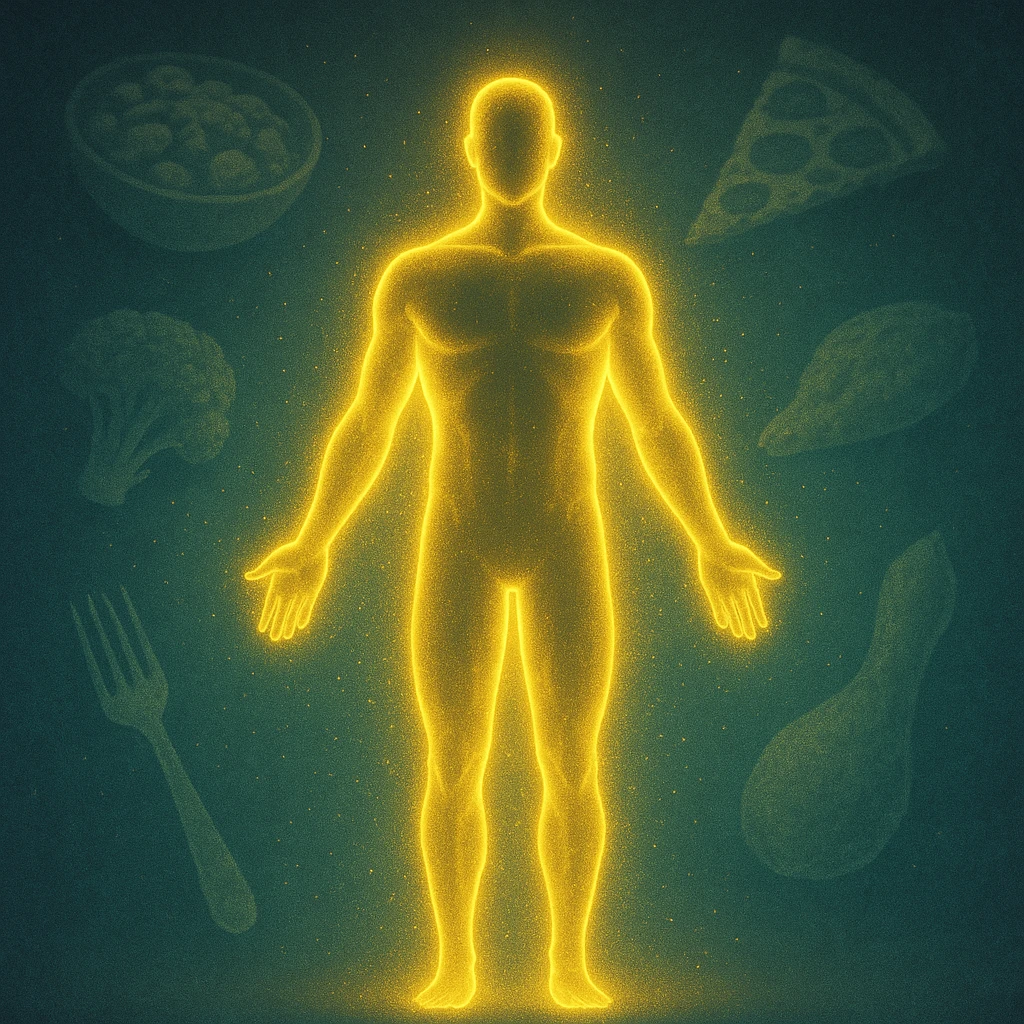Biological Mysteries and Life's Odd Designs
Adrenaline Surge
When faced with danger, the body can release adrenaline so rapidly that it temporarily boosts strength and reaction speed. There are real documented cases of people lifting heavy objects during emergencies.Babies
Babies in the womb all grow a mustache before the hair eventually goes on to cover the rest of the body.Baby Bones
At birth, humans have around 270 bones. As they grow, many of these fuse together, leaving adults with 206 bones in total.Blink Speed
The average person blinks about 15 to 20 times per minute. That adds up to over 16,000 blinks a day-yet we rarely notice, because the brain actively edits out the visual gaps.Bone Replacement
Every 10 years or so, your skeleton is almost completely rebuilt. Bone tissue is in a constant cycle of breakdown and renewal, even in adulthood.Brain Energy
Although it makes up only about 2% of your body weight, the brain uses roughly 20% of the body's total energy-mostly in the form of glucose.Cell Count
The average adult human body contains about 30 trillion cells. These include muscle cells, nerve cells, blood cells, and many others working together to keep us alive.DNA
One gram of DNA can hold 700 terabytes of data!DNA Length
If all the DNA in your body were stretched out, it would span roughly 67 billion miles-enough to reach the sun and back over 300 times.Earwax Type
People have two genetically determined types of earwax: wet (sticky and yellow) and dry (flaky and gray). The gene that determines this is also linked to body odor levels.Fart
You may be disgusted to learn that whenever another person farts near you, and you smell it, you have actually inhaled gasses from their digestive tract. These gases - nitrogen, oxygen, methane, hydrogen and carbon dioxide - have passed out of their rectum and into your nose. Volatile methyl sulfides are primarily responsible for the odor, with hydrogen sulfide gas and methanethiol being lesser contributors.
Gas may not be the only thing you inhale, depending on the circumstances. A nurse who was wondering if her farts in the operating room were contaminating the environment asked a microbiologist to study the flatulent issue. In the name of science, the microbiologist (probably quite awkwardly) asked a colleague to take his pants off and direct a fart toward two petri dish from a distance of five centimeters. He had the experiment repeated, this time time with his pants on.
The petri dish that had been tagged with the nude fart (poor petri dish) grew bacteria overnight, and a closer investigation revealed some of these bacteria are typically found in the lower digestive tract. The stinky conclusion: if someone drops their pants and lets one rip close to you, you could actually inhale bacteria droplets of airborne poop.Fingerprints Aren't Unique
While fingerprints are widely used for identification, some studies have shown that certain fingerprint patterns may repeat among unrelated individuals, especially partial prints-making them less unique than once believed.Gag Reflex Mystery
Some people naturally lack a gag reflex. While this might seem like an advantage, the reflex is actually a protective mechanism to keep foreign objects out of the airway.Genetics
In a single human cell there are between 10,000 and 100,000 coded messages known as genes. If all the directions contained in all these genes were written down, the words would fill the equivalent of 10,000 volumes of the Encyclopaedia Britannica.
Scientists at the Institute for Cancer Research in Philadelphia have bred mice that have more than one set of parents. Known as "multimice," these creatures are spawned by taking two embryos created by two sets of parent mice, placing them together in such a way that the embryos grow together, then transplanting the entire organism into the womb of a third female mouse. The result is a baby mouse born with genetic characterisitics of both set of parents.Hair Growth
Hair grows slightly faster during warm weather and daytime. This is due to increased circulation and hormonal activity that are influenced by sunlight and body temperature.Heartbeat Changes
Your heart doesn't beat with perfect regularity. In fact, small variations in timing between beats are normal and even healthy. A lack of this variation can be a sign of stress or heart problems.Hormones While Sleeping
During sleep, your body releases growth hormone, repairs tissue, consolidates memory, and balances hunger-related hormones-making good sleep critical for overall health.Joint Sounds
The popping sound when cracking your knuckles comes from gas bubbles collapsing in the joint fluid-not bones rubbing or ligaments snapping as many believe.Liver Power
The liver can regenerate up to 70% of its mass after injury or surgical removal. This makes it one of the only human organs capable of substantial regrowth.Memory
During experiments conducted in 1962 at the University of Michigan, scientists successfully extracted memory from one animal and transferred it to another. The experiment was conducted in the following manner. Over a period of time planarian worms were trained to behave in a particular way when exposed to light. These worms were then cut into pieces and fed to untrained planarians, and the untrained worms were put through the same learning paces as their predecessors. The second batch of worms, those that had dined on the first, learned many times faster than the originals, indicating that knowledge had somehow been transferred through body tissue. Similar experiments were later conducted at Baylor University: mice were trained to run through a maze, and an extract was then made of their brains. This extract was fed to untrained mice, which then learned the same maze twice as fast as their predecessors. If placed in a different maze, the untrained mice showed no particular aptitude for learning the layout. The implication of these experiments is that memory can be transferred from one being to another somatically as well as experientially.Nerve Signals
Nerve impulses travel at speeds of up to 250 miles per hour. That's faster than a Formula 1 race car and is how your body reacts almost instantly to stimuli like touching something hot.Population
About 7 percent of all human beings ever born are alive at this very moment.Senior Reproductive Health
Many men in their 70s still produce viable sperm and can father children. Studies also show that a notable percentage of women over 80 remain sexually active, challenging common assumptions about aging and intimacy.Skin as an Organ
Your skin is the body's largest organ, accounting for about 16% of your total body weight. It serves as a protective barrier and also helps regulate body temperature and hydration.Sweat Isn't Smelly
Human sweat is mostly odorless. The smell only arises when bacteria on your skin break down sweat into acids, especially in areas like armpits and feet.Taste Bud Life
Taste buds have a lifespan of about 10 to 14 days. They constantly regenerate, which is why your sense of taste can recover quickly after burning your tongue.Tongue Strength
The tongue is one of the strongest muscles in the body relative to its size. It performs multiple tasks at once-speaking, swallowing, tasting, and positioning food-without conscious thought.



























































































